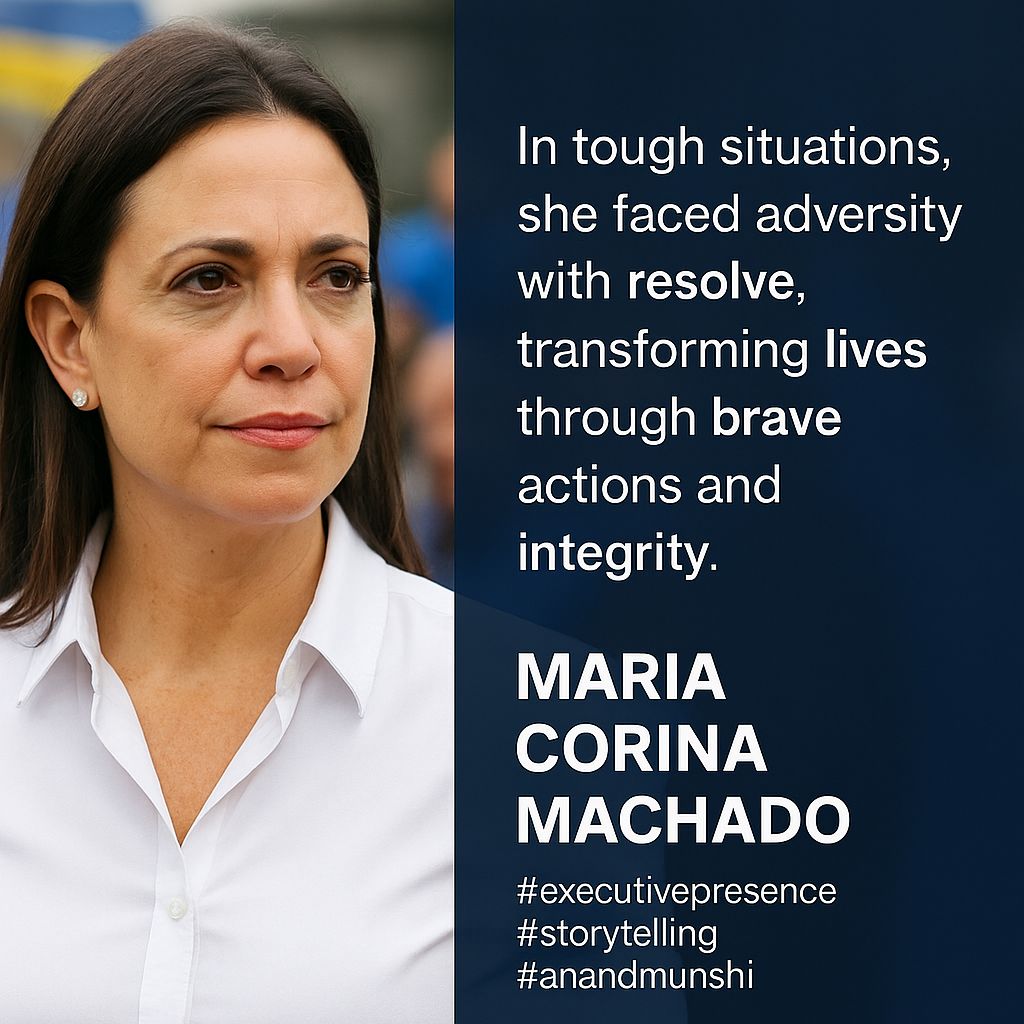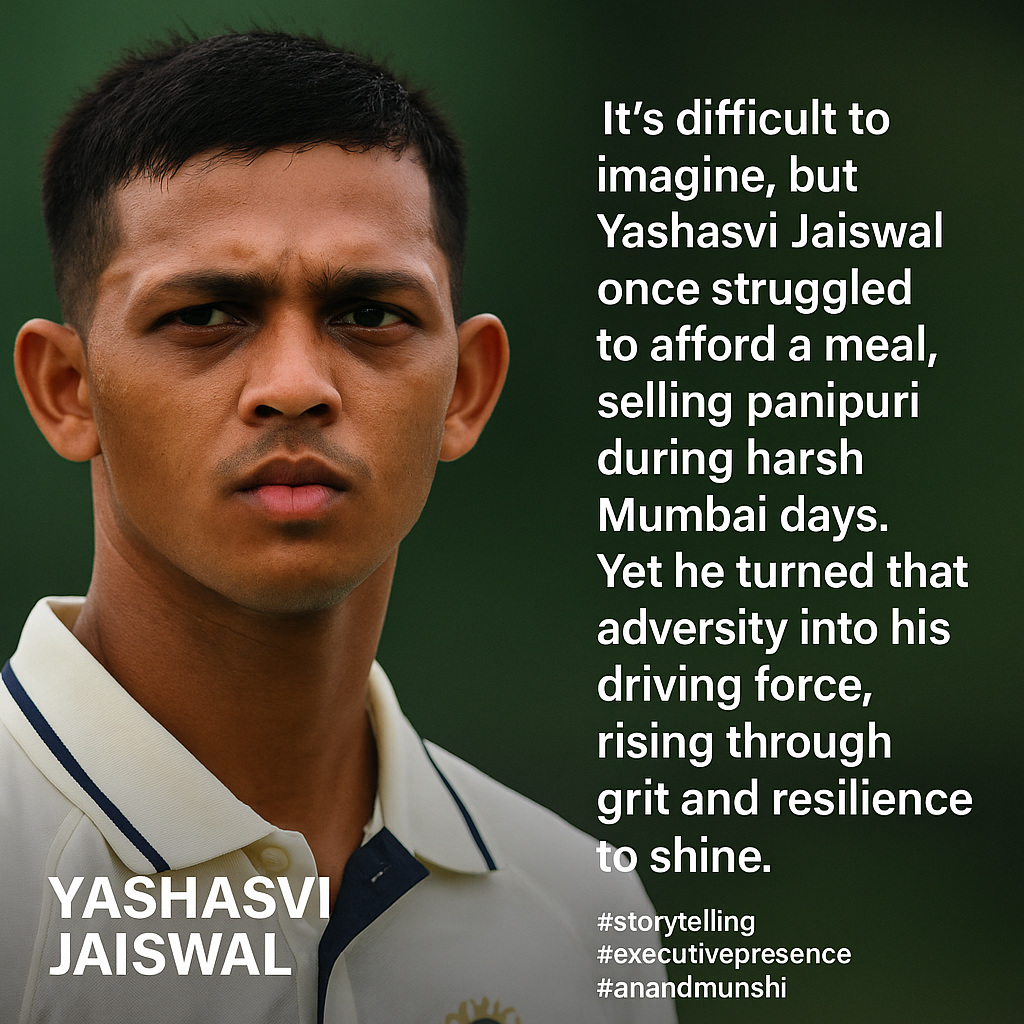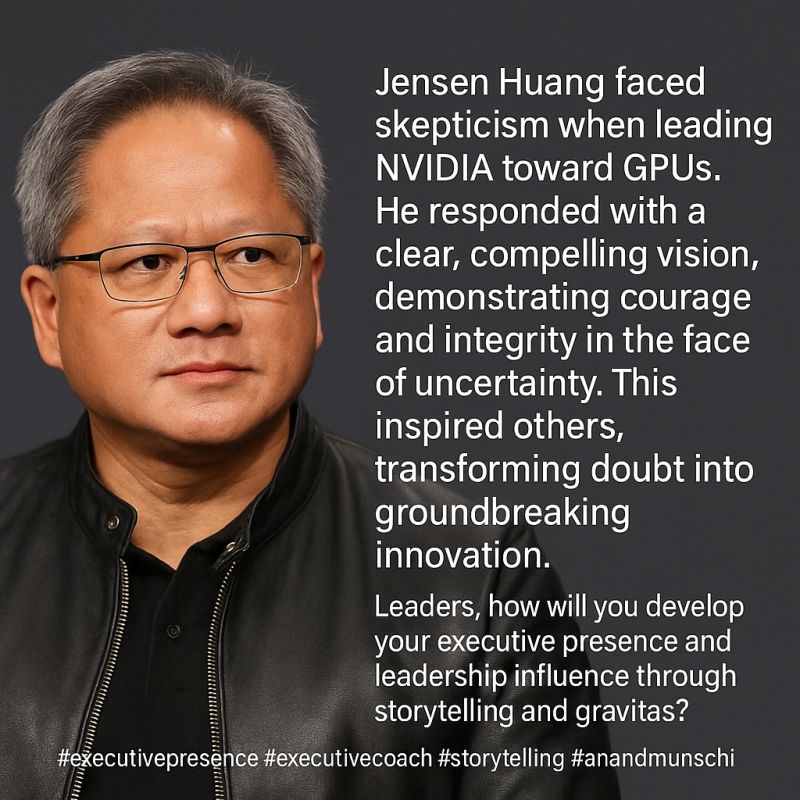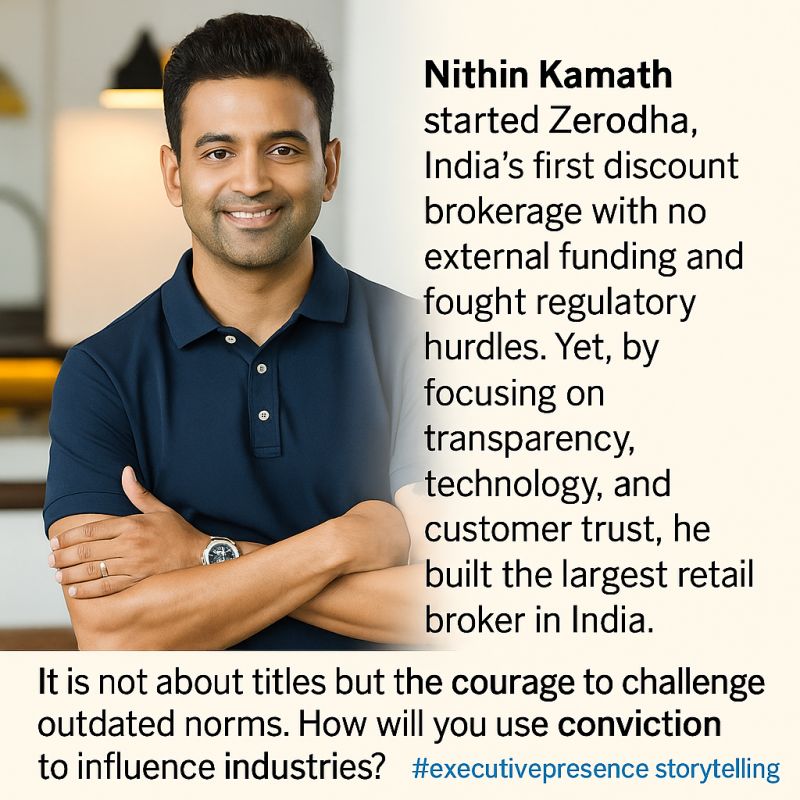“The higher you rise, the fewer people tell you the truth — that’s when you need a coach the most.”
Today, more global CEOs are turning to executive coaches than ever before — not because they are weak, but because they understand that leadership is a lonely, high-risk, high-visibility journey. According to a Harvard Business Review survey, over 66% of Fortune 500 CEOs now work with leadership coaches, and the International Coaching Federation reports that organizations that invest in coaching experience up to 788% ROI through improved productivity, employee engagement, and better decision-making.
Companies like Google and Microsoft attribute rapid executive alignment, better cross-functional decisions, and sharper innovation outcomes to structured coaching programs. Google’s internal coaching initiative resulted in better managerial performance scores and reduced team attrition. Coaching is no longer “optional” — it is a strategic advantage.
As leaders grow, they enter a stage where technical knowledge peaks but emotional demands multiply. They handle bigger teams, manage political undercurrents, answer to boards, face the media, and navigate egos. In these moments, the experience of a seasoned coach becomes not just valuable — but essential.
✅ 1. You feel mentally exhausted before the day begins
Symptom: Constant decision fatigue, no mental bandwidth.
Impact: A CEO of a global retail brand missed two strategic opportunities worth millions simply due to paralysis.
Fix: Coaching helps create mental clarity frameworks, priority filters, and energy-management practices.
✅ 2. You avoid difficult conversations
Symptom: Fear of conflict or hurting relationships.
Impact: A senior VP at a telecom giant lost credibility because unresolved issues escalated into team divisions.
Fix: Coaches build conversational intelligence, tone discipline, and conflict navigation skills.
✅ 3. You are surrounded by “yes-people”
Symptom: No one challenges your decisions.
Impact: A well-known CEO launched a flawed product because no one dared speak truth.
Fix: Coaching builds systems for honest feedback and psychologically safe leadership cultures.
✅ 4. You struggle with board dynamics
Symptom: Tension, misalignment, hidden politics.
Impact: A regional CEO lost his position after failing to influence board expectations.
Fix: Coaches teach strategic framing, stakeholder mapping, and influence psychology.
✅ 5. You sense rising reputation risk
Symptom: Social perception or internal narratives turning negative.
Impact: Leaders who ignore perception often face resistance or erosion of authority.
Fix: Coaching clarifies communication strategy and authentic presence.
✅ 6. Your top talent has quietly disengaged
Symptom: Senior team members stop contributing ideas.
Impact: A tech leader faced major innovation slowdown due to low engagement.
Fix: Coaching enhances relational leadership, empathy, and trust-building.
✅ 7. Decision-making feels slow and reactive
Symptom: Overthinking, second-guessing.
Impact: Missed windows of opportunity; revenue loss.
Fix: Coaches create clarity frameworks and decision-making models.
✅ 8. You have powerful ideas but cannot communicate them strongly
Symptom: Vision not landing emotionally with people.
Impact: Teams execute without passion or buy-in.
Fix: Executive presence, storytelling, and conviction coaching.
✅ 9. You struggle to manage upward relationships
Symptom: Difficulty handling board or investor expectations.
Impact: Alignment collapses and tension builds.
Fix: Coaching sharpens upward communication intelligence.
✅ 10. You feel lonely at the top
Symptom: Nobody to confide in without judgment.
Impact: Emotional burnout and poor decision-making.
Fix: Coaches provide unbiased reflection, grounding, and clarity.
✅ 11. You’re losing the ability to inspire
Symptom: People follow instructions, not vision.
Impact: Culture stagnation.
Fix: Coaches teach influence, inspiration, and leadership storytelling.
✅ 12. You’re growing fast — but not evolving
Symptom: Role expands, but leadership style remains outdated.
Impact: High performance today becomes irrelevant tomorrow.
Fix: Coaching future-proofs your mindset, identity, and leadership model.
✅ Conclusion
Executive coaching is no longer a luxury reserved for crisis — it is a strategic necessity, a performance multiplier, and the strongest reinforcement for emotional clarity, influence mastery, and sustainable leadership. Whether through structured sessions, leadership storytelling, executive presence building, or strategic advisory, coaching helps leaders eliminate blind spots and accelerate impact.
“Coaching doesn’t change who you are — it reveals who you can become.”
#AnandMunshi #executivepresence #executivecoaching #storytelling #leadership #CFO #CEO #CXO #boardroom #influence
Learn more at www.anandmunshi.com.



















